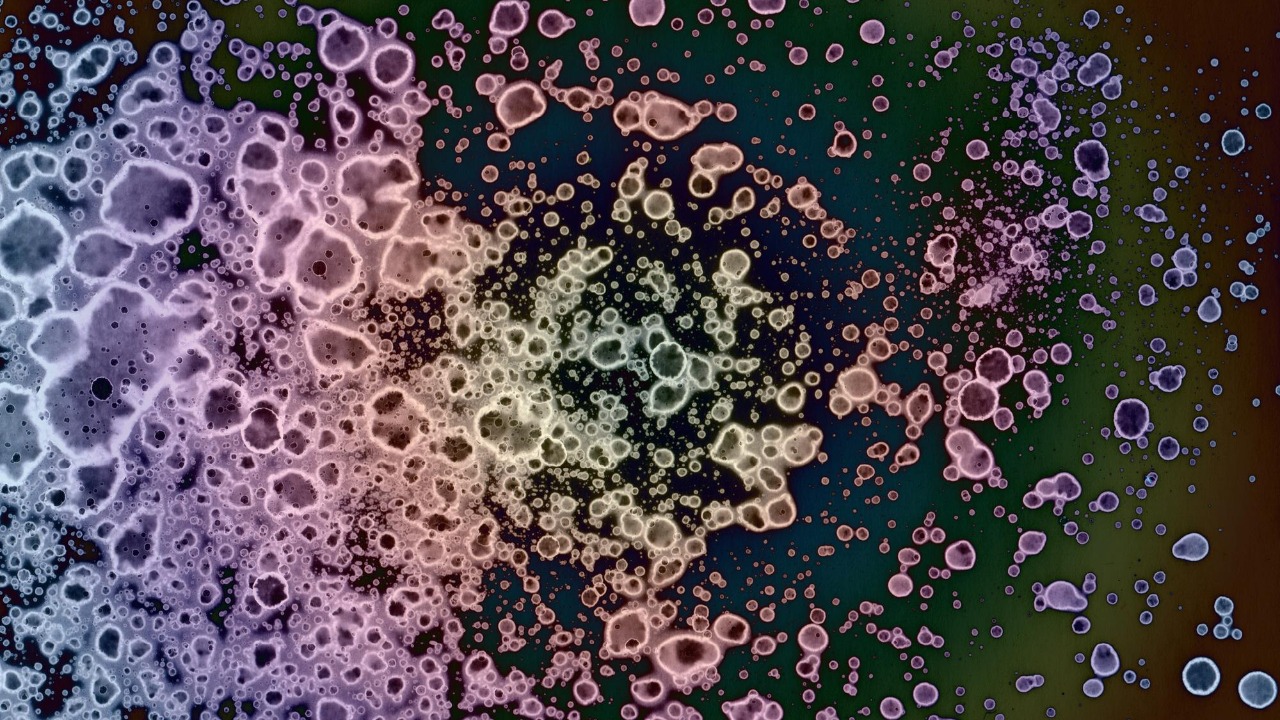
Artificial intelligence (AI) is revolutionizing the field of oncology, with companies like LabGenius harnessing its power to create cancer-killing molecules. This innovative approach, combined with the potential of natural remedies such as guava for treating liver cancer, is paving the way for groundbreaking advancements in cancer treatment.
The Emergence of AI in Cancer Therapy

AI is playing a pivotal role in accelerating the design of cancer-killing molecules. Automated processes, powered by AI, are speeding up the traditionally slow and laborious process of drug discovery. A prime example of this is LabGenius, a company that is integrating AI with robotic systems to precisely create molecules for cancer treatment. This integration is not only enhancing efficiency but also improving the accuracy of the drug design process.
The broader implications of AI-driven innovations in oncology are profound. By automating and accelerating the drug discovery process, AI is enabling researchers to identify potential cancer treatments more quickly and accurately than ever before. This could lead to the development of more effective therapies and ultimately, save more lives.
Quantum-Classical AI Breakthroughs
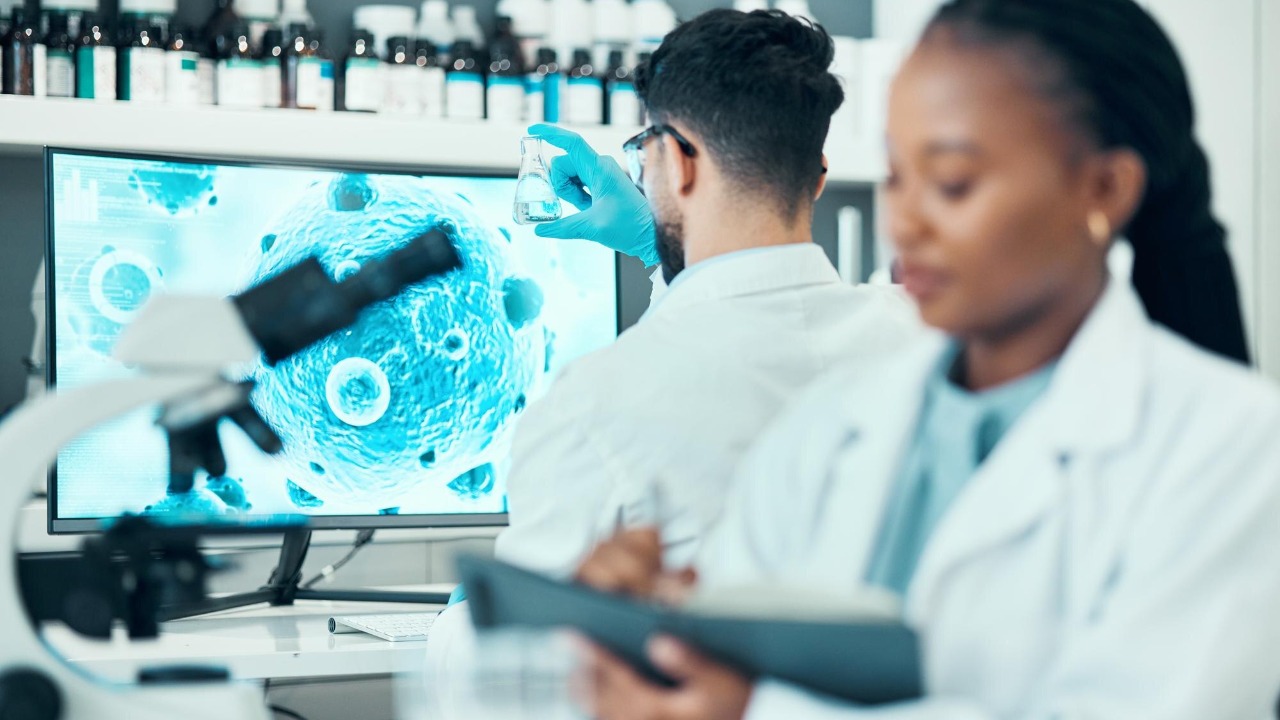
The use of quantum-classical AI in drug discovery represents a significant breakthrough in the field. This approach, as reported by Psychology Today, has led to the identification of molecules that target “undruggable” cancer proteins. These are proteins that have previously been considered too challenging to target with drugs, thus limiting treatment options for certain types of cancer.
The development of this quantum-classical AI approach, announced on February 10, 2025, has the potential to transform cancer research. By overcoming previous treatment challenges, it opens up new avenues for the development of effective cancer therapies.
Quantum-classical AI is a hybrid approach that combines the strengths of classical AI and quantum computing. Quantum computing, with its ability to process vast amounts of data at unprecedented speeds, is particularly well-suited to the complex task of drug discovery. When combined with the pattern recognition capabilities of classical AI, it becomes a powerful tool for identifying potential cancer treatments. This approach has been instrumental in the discovery of molecules that can target previously ‘undruggable’ cancer proteins, as reported by Psychology Today.
These ‘undruggable’ proteins are often implicated in the most aggressive and lethal forms of cancer. The ability to target these proteins could revolutionize cancer treatment, providing new hope for patients with previously untreatable forms of the disease. The quantum-classical AI approach is still in its early stages, but its potential impact on cancer research and treatment is immense.
LabGenius: Pioneering AI-Robot Integration
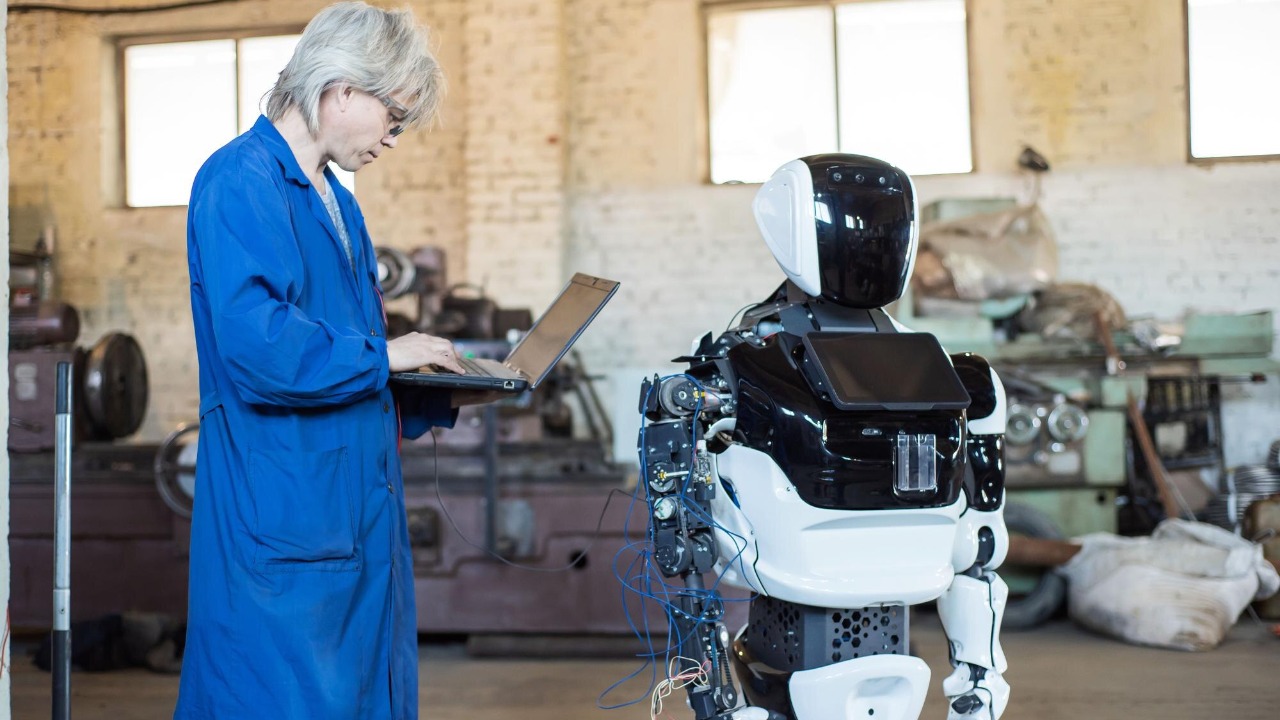
LabGenius is leading the way in the integration of AI and robotics in cancer treatment. The company is using AI to engineer molecules that kill cancer cells, a process that is enhanced by the precision and efficiency of robotic systems. This innovative approach is streamlining the drug discovery process, making it faster and more accurate.
Examples of how this technology is transforming drug discovery are evident in the company’s work. By automating the design of cancer-killing molecules, LabGenius is able to quickly identify potential drug candidates and move them into the testing phase. This could significantly reduce the time it takes to bring new cancer treatments to market.
LabGenius’s AI-robot integration is a game-changer in the field of drug discovery. The company’s AI algorithms are capable of designing molecules with specific properties, such as the ability to bind to and neutralize cancer cells. These designs are then executed by robotic systems, which can synthesize the molecules with a level of precision and speed that would be impossible for human researchers. This approach, as highlighted by CNN, is transforming the drug discovery process.
By integrating AI and robotics, LabGenius is not only accelerating the pace of drug discovery but also improving the quality of the drugs being developed. The company’s technology allows for the rapid iteration of drug designs, enabling researchers to quickly refine and optimize potential treatments. This could lead to the development of more effective and targeted cancer therapies.
Targeting Undruggable Cancer Proteins
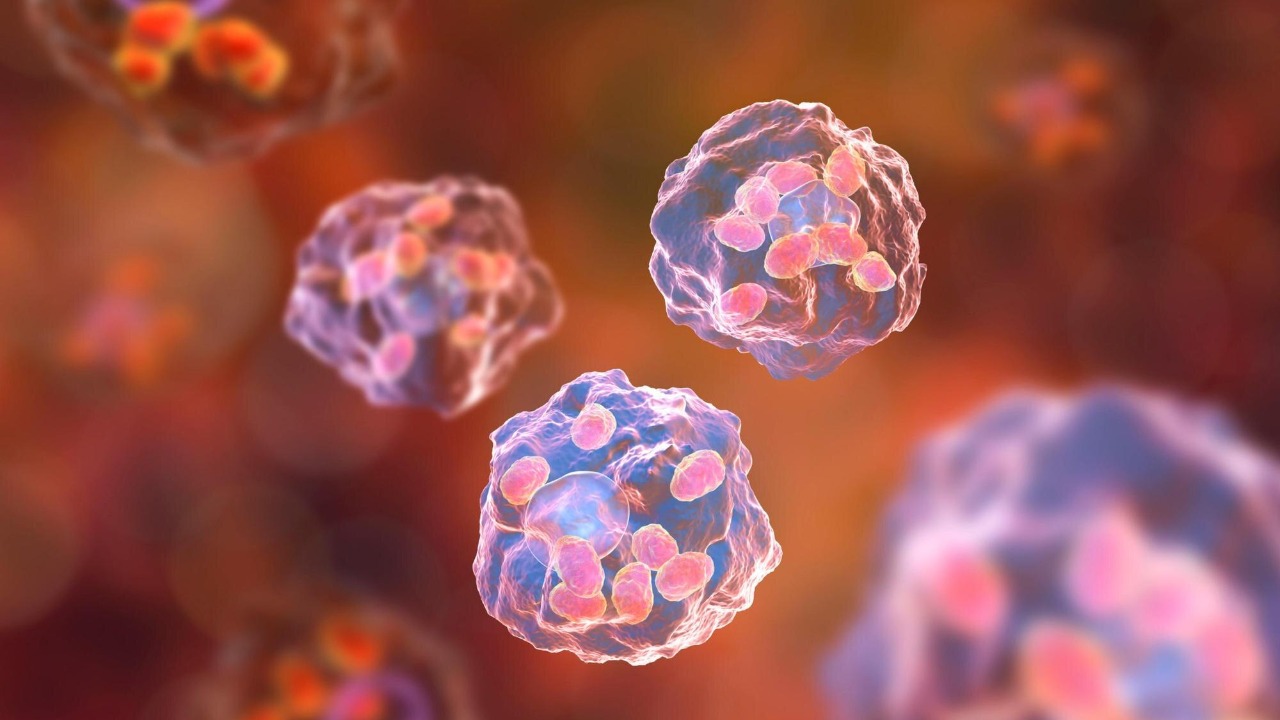
The challenge of “undruggable” cancer proteins has long been a hurdle in cancer research. However, the advent of quantum-classical AI is providing a solution to this problem. By identifying molecules that can target these proteins, this AI approach is overcoming previous treatment challenges and opening up new possibilities for cancer therapy.
The announcement on February 10, 2025, of the discovery of these molecules is a significant milestone in cancer research. It represents a major step forward in the development of effective therapies for cancers that have previously been difficult to treat.
The term ‘undruggable’ has been used to describe cancer proteins that are difficult to target with traditional drugs due to their complex structure or function. These proteins often play crucial roles in the growth and spread of cancer cells, making them attractive targets for therapy. However, the challenge of designing drugs that can effectively target these proteins has been a major obstacle in cancer research. The quantum-classical AI approach, as reported by Psychology Today, is providing a solution to this problem.
The discovery of molecules that can target ‘undruggable’ proteins could have far-reaching implications for cancer treatment. It could lead to the development of new therapies for hard-to-treat cancers, improving survival rates and quality of life for patients. This breakthrough represents a significant step forward in the fight against cancer, and is a testament to the power of AI in accelerating drug discovery.
Natural Remedies: Guava Against Liver Cancer
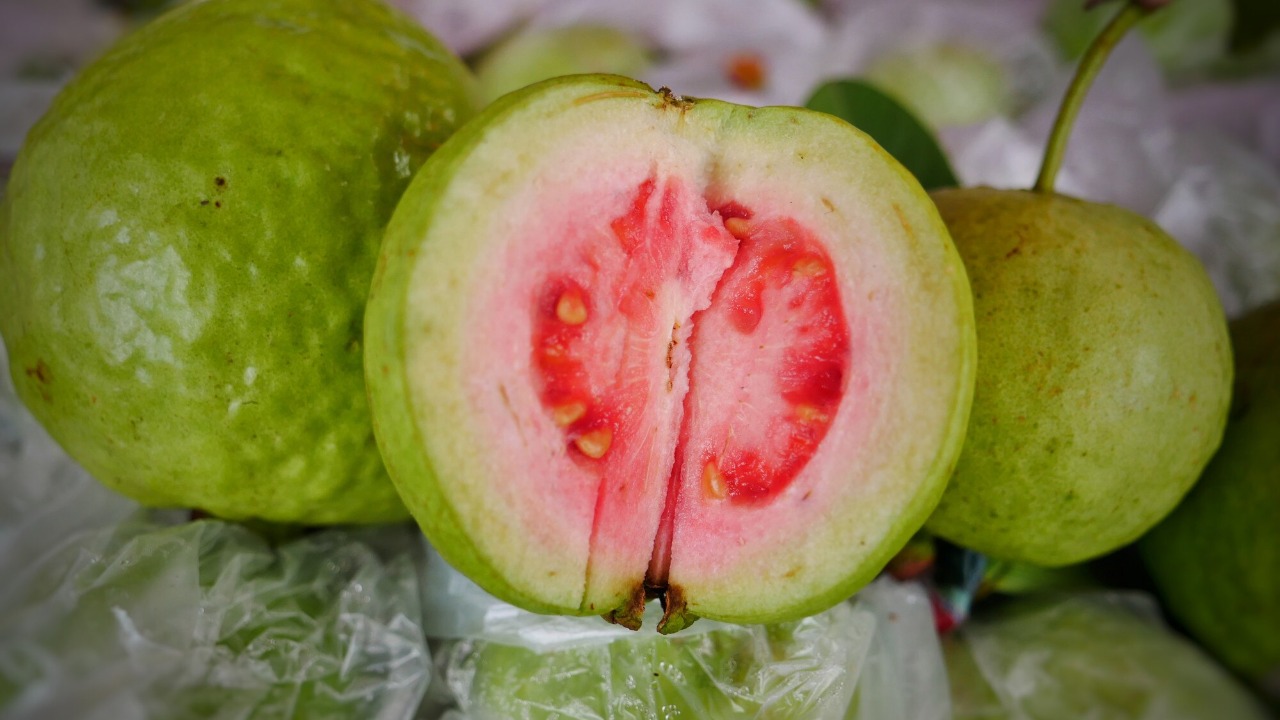
Liver cancer, a deadly disease that claims the lives of 30,000 Americans each year, could potentially be treated with an exotic fruit: guava. Research linked to Delaware has shown that this fruit could have therapeutic properties for this type of cancer.
The potential of guava as a treatment for liver cancer was reported on September 16, 2025. While further research is needed to fully understand and validate this potential, the initial findings are promising and could pave the way for new, natural treatments for liver cancer.
Guava, a tropical fruit known for its high vitamin C content, has been studied for its potential anti-cancer properties. The fruit contains a variety of bioactive compounds, including lycopene and quercetin, which have been shown to have anti-cancer effects in laboratory studies. The research linked to Delaware, as reported by Daily Mail, suggests that these compounds could be effective in treating liver cancer.
While the use of guava as a cancer treatment is still in the experimental stages, the initial findings are promising. If further research confirms these results, guava could become a valuable addition to the arsenal of natural remedies for cancer. It could also pave the way for the development of new drugs derived from guava and other natural sources.
Future Directions in AI-Driven Oncology
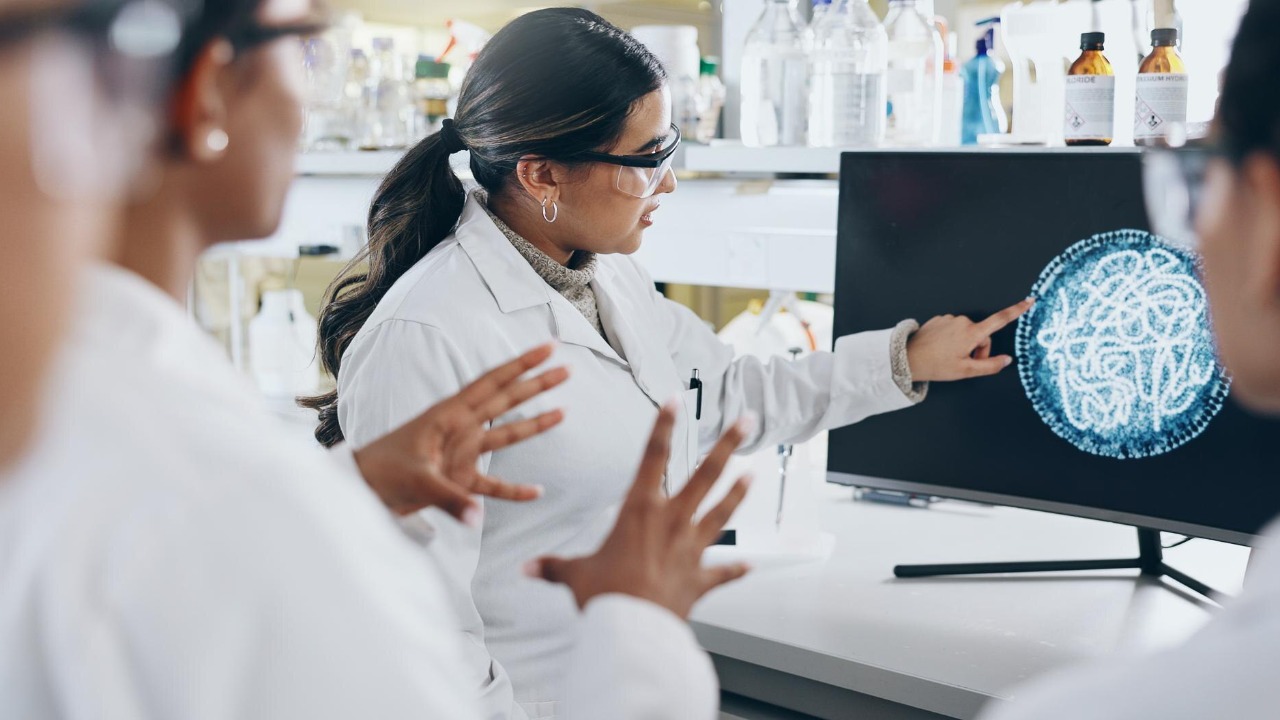
The integration of insights from LabGenius’s AI-robot model with quantum advancements offers a holistic approach to cancer treatment strategies. The potential to combine synthetic AI molecules with natural compounds like guava for liver cancer treatment represents a promising direction for future research.
These innovations could have a significant impact on reducing the 30,000 annual U.S. liver cancer deaths. By accelerating the drug discovery process and opening up new treatment possibilities, AI and natural remedies could revolutionize the field of oncology and save countless lives.
The advancements in AI-driven oncology are not only transforming the way we approach cancer treatment but also opening up new avenues for research. The integration of AI and robotics, as demonstrated by LabGenius, is accelerating the drug discovery process, allowing researchers to explore a wider range of potential treatments. At the same time, the use of quantum-classical AI is enabling researchers to target previously ‘undruggable’ cancer proteins, potentially leading to the development of new therapies for hard-to-treat cancers.
Looking ahead, the combination of AI-driven drug discovery with natural remedies, such as guava, could provide a comprehensive approach to cancer treatment. This approach could harness the power of technology and nature to develop more effective and personalized treatments for cancer patients. As these advancements continue to unfold, the future of oncology looks promising.